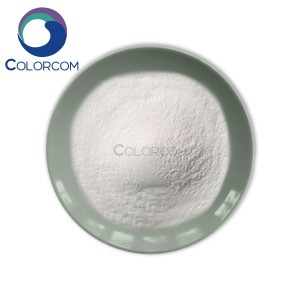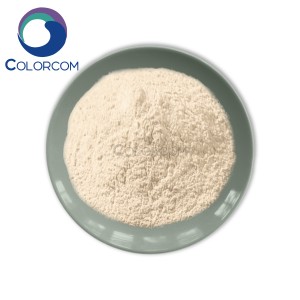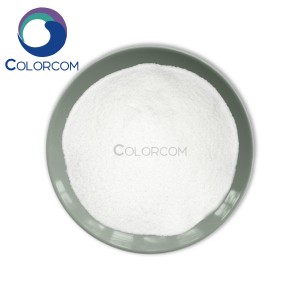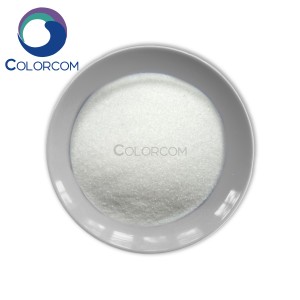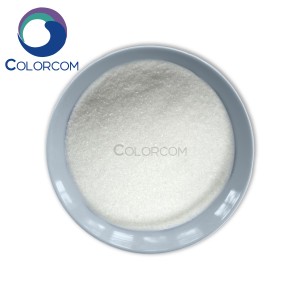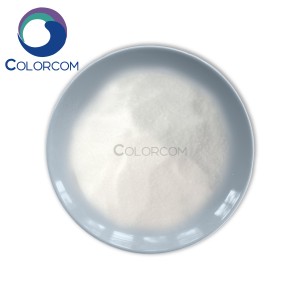Lactic Acid | 598-82-3
Products Description
Lactic Acid is a chemical compound that plays a role in several biochemical processes.Also known as milk acid, is a chemical compound that plays a role in several biochemical processes.In animals, L-lactate is constantly produced from pyruvate via the enzyme lactate dehydrogenase (LDH) in a process of fermentation during normal metabolism and exercise. It does not increase in concentration until the rate of lactate production exceeds the rate of lactate removal which is governed by a number of factors including: Monocarboxylate transporters, concentration and isoform of LDH and oxidative capacity of tissues. The concentration of blood lactate is usually 1-2 mmol/L at rest, but can rise to over 20 mmol/L during intense exertion. Industrially, Lactic Acid fermentation is performed by Lactobacillus bacteria, among others. These bacteria can operate in the mouth; The acid they produce is responsible for the tooth decay known as caries. In medicine, lactate is one of the main components of Ringer's lactate or lactated Ringer's solution (CompoundSodium Lactate or Hartmann's Solution in the UK). This intravenous fluid consists of sodium and potassium cations, with lactate and chloride anions, in solution with distilled water in concentration so as to be isotonic compared to human blood. It is most commonly used for fluid resuscitation after blood loss due to trauma, surgery, or a burn injury.
Application
1. Lactic acid has strong antiseptic and fresh-keeping effect. It can be used in fruit wine, beverage, meat, food, pastry making, vegetable (olive, cucumber, pearl onion) pickling and canning, food processing, fruit storage, with adjustment pH, bacteriostatic, prolonged shelf life, seasoning, color preservation, and product quality;
2. In terms of seasoning, the unique sour taste of lactic acid can increase the taste of food. Adding a certain amount of lactic acid to salads such as salad, soy sauce and vinegar can maintain the stability and safety of microorganisms in the product while making the taste milder;
3. Because of the mild acidity of lactic acid, it can also be used as the preferred sour agent for delicate soft drinks and juices;
4. When brewing beer, adding proper amount of lactic acid can adjust the pH value to promote saccharification, facilitate yeast fermentation, improve beer quality, increase beer flavor and extend shelf life. It is used to adjust pH in liquor, sake and fruit wine to prevent the growth of bacteria, enhance the acidity and refreshing taste.
5. Natural lactic acid is a natural intrinsic ingredient in dairy products. It has the taste of dairy products and good anti-microbial effect. It has been widely used in blending yoghurt cheese, ice cream and other foods, and has become a popular dairy sour agent;
6. Lactic acid powder is a direct sour conditioner for the production of steamed bread. Lactic acid is a natural fermented acid, so it can make bread unique. Lactic acid is a natural sour taste regulator. It is used for baking and baking in bread, cakes, biscuits and other baked foods. It can improve the quality of food and maintain color. , extend the shelf life.
7. Since L-lactic acid is part of the skin's inherent natural moisturizing factor, it is widely used as a moisturizer for many skin care products.
Specification
| Item | Standard |
| Appearance | colourless to yellow liquid |
| Assay | 88.3% |
| Fresh color | 40 |
| Stereo chemical purity | 95% |
| Citrate, Oxalate, Phosphate, or Tartrate | Passed test |
| Chloride | < 0.1% |
| Cyanide | < 5mg/kg |
| Iron | < 10mg/kg |
| Arsenic | < 3mg/kg |
| Lead | < 0.5mg/kg |
| Residue on ignition | < 0.1% |
| Sugars | Passed test |
| Sulfate | < 0.25% |
| Heavy Metal | <10mg/kg |
| Packing | 25kg/bag |
Package: 25 kgs/bag or as you request.
Storage: Store at a ventilated, dry place.
Standards excuted: International Standard.



